Regulatory affairs leaders struggle to navigate a dynamic landscape, yet growing AI adoption offers a path to streamline compliance and stay ahead
More Than a Third of Organizations at Risk of Non-Compliance as Regulatory Complexity Reaches New Heights, Reveals RegASK’s Latest Report
Media:
Corporate Ink for RegASK
Emma Nadeau
RegASK@corporateink.com
As the breadth and depth of regulations continue to expand, compliance and regulatory affairs leaders are increasingly concerned about their organization’s capacity to keep pace with the rapidly evolving landscape, reveals RegASK’s 2025 State of Regulatory Affairs and Compliance Report. The newly released proprietary research shows that nearly half (42%) of surveyed regulatory affairs respondents acknowledge their organization has missed a regulatory requirement. Based on insights from 145 regulatory professionals, senior leaders, and C-suite executives worldwide in the life sciences and consumer product industries, this research underscores the urgent need for more effective compliance strategies.
Sixty-two percent of surveyed regulatory affairs professionals report an increase in the number of regulations and requirements they must comply with over the past year. Senior regulatory affairs leaders are particularly concerned about several key challenges:
- The possibility of a broad regulation emerging that would require the company to shift its market approach (48%)
- Realizing a regulation applies to their organization only after it’s too late (41%)
- Navigating compliance requirements across state, national, and international simultaneously (44%)
These concerns are reflected in the fact that 38% of regulatory affairs professionals express they feel at risk of non-compliance due to potential unawareness of certain regulations. Additionally, nearly a third (31%) report being at risk of non-compliance because of the complexity of requirements and uncertainty about the necessary actions to address them.
“The business impact of non-compliance is simply too high to ignore. One missed regulatory requirement can easily bring business-critical initiatives to a halt and lead to hefty fines and reputational consequences,” said Caroline Shleifer, CEO of RegASK. “AI has immense potential to transform how organizations navigate the ever-evolving regulatory landscape and streamline workflows. Our data shows that AI adoption is taking off and has significant further growth ahead. AI presents a major opportunity for organizations to strengthen their leadership position and enhance their competitive edge.”
RegASK’s research explores the state of AI adoption and the major challenges organizations face in an era of increased regulatory complexity. Key findings include:
- Regulatory requirements are expected to keep expanding, with senior executives anticipating additional regulations in 2025 related to ingredient bans (46%), AI (43%), and ESG (30%). This will further intensify regulatory complexity.
- The risk of non-compliance poses a significant threat to companies' top business priorities, with 59% of senior executives citing revenue growth as their primary focus for the next 12 months. However, this goal could be compromised by cybersecurity risks, which 32% identified as their top concern, closely followed by regulatory risk. Notably, 27% of executives believe regulatory risk could significantly impact business performance in 2025.
- The consequences of non-compliance are wide-ranging and severe. Among respondents who admitted to missing regulatory requirements, nearly half (49%) reported delayed or canceled product launches, 40% suffered reputational damage, 32% experienced slowed innovation, and 26% faced setbacks in clinical trials.
- Confidence in the ability to monitor all the regulatory changes is eroding. Just 63% of senior regulatory affairs leaders trust their organization to be fully compliant and that the data used to ensure compliance is accurate. This isn't surprising, given that 26% still rely on traditional tools like email, Excel, search engines, and internal knowledge to monitor, track, and manage regulatory change, while a quarter manually checks online databases.
- AI adoption is gaining momentum. Over half (53%) of regulatory affairs professionals permitted to use ChatGPT have turned to it for guidance on regulatory compliance. Yet, only 22% fully trusted the responses. This highlights a strong need for customized, reliable AI solutions that can empower professionals to track regulatory requirements and accelerate their work efficiently.
AI Adoption: Unlocking Untapped Potential
AI adoption in regulatory affairs is starting to emerge, and its adoption is progressing rapidly. Currently, 39% of regulatory affairs respondents are using AI, and among them, 68% plan to expand its use due to the clear advantages it offers. While 61% of regulatory affairs respondents aren’t using AI yet to manage the regulatory landscape, it’s promising that 41% of those companies say they plan to adopt the technology within the next 12 months.
Regulatory affairs professionals see AI adding the most value in three key areas of their day-to-day activity: augmentation, automation, and acceleration. Key use cases identified by these professionals include summarizing regulatory requirements and putting it in the organization’s specific scope and context (33%), answering questions about specific regulations and requirements (32%) and automatically monitoring and tracking regulations (32%).
“It’s encouraging to see the potential AI holds for regulatory professionals, especially as organizations aim to stay ahead of regulatory changes and maintain compliance. By identifying and prioritizing the right AI use cases now, organizations can proactively manage regulatory complexity, align compliance with strategic goals, and unlock new opportunities for success,” said Amenallah (Amen) Reghimi, RegASK’s Chief Product and Technology Officer.
Access the full report to dive deeper into AI adoption in regulatory affairs and compliance.
About RegASK
RegASK is an AI-driven solution enabling end-to-end intelligent regulatory workflow orchestration: automating regulatory intelligence with curated content and actionable insights, smart documentation, and a connected community of over 1,700+ subject matter experts for streamlined regulatory execution globally. RegASK augments Regulatory Affairs teams, combining AI efficiency and community-driven intelligence to streamline compliance across the product lifecycle. www.regask.com
View source version on businesswire.com: https://www.businesswire.com/news/home/20241114985518/en/
More than a third of organizations are at risk of non-compliance as regulatory complexity reaches new heights, reveals @ASKRegASK's latest report. For more details, read the release.
 Business wire
Business wire 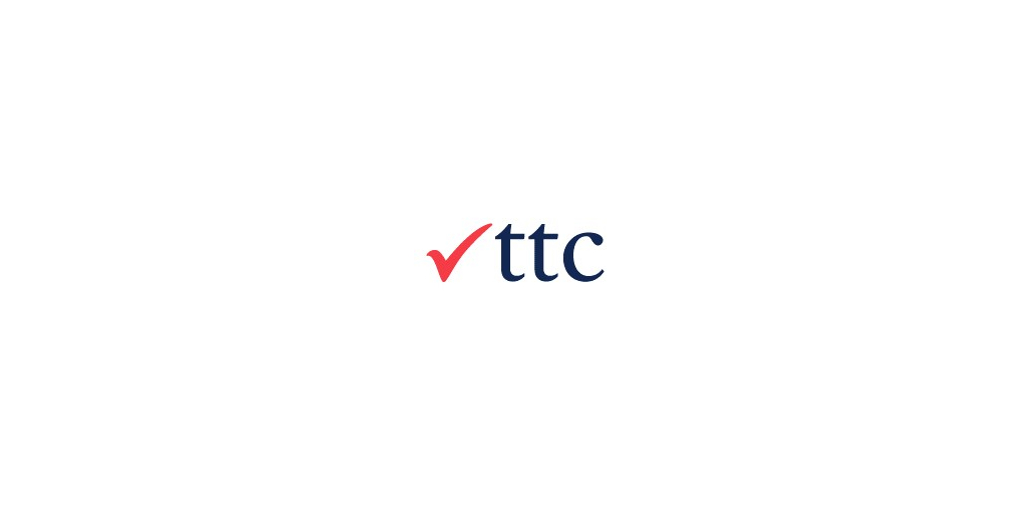
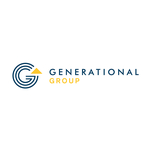





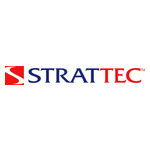
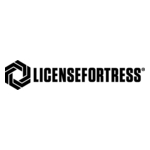
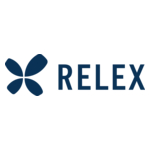
Add Comment